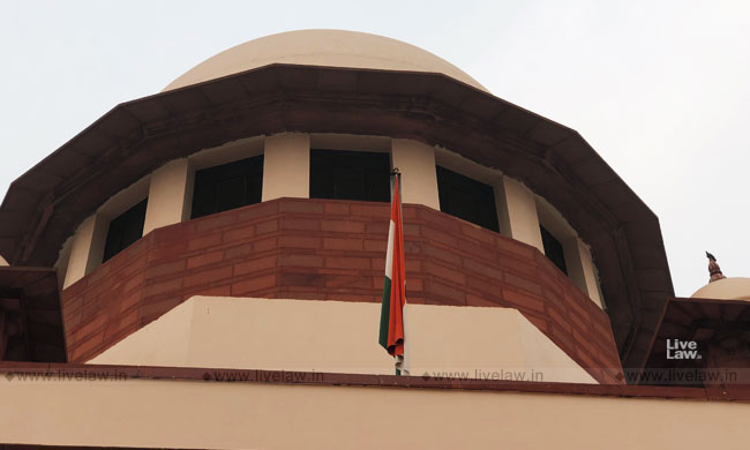- Home
- /
- Know the Law
- /
- How Is Chief Justice Of India...
How Is Chief Justice Of India Appointed?
Pankhuri Agrawal
29 Nov 2019 10:36 AM IST
The Constitution of India, 1950 prescribes the "Establishment and Constitution of Supreme Court" under Article 124. According to Article 124(1) the Supreme Court consists of Chief Justice of India and such other judges. Under Article 124(2) the conditions for appointment of the judges of the Supreme Court including the CJI are: "Every Judge of the Supreme Court shall be appointed by...
Next Story



